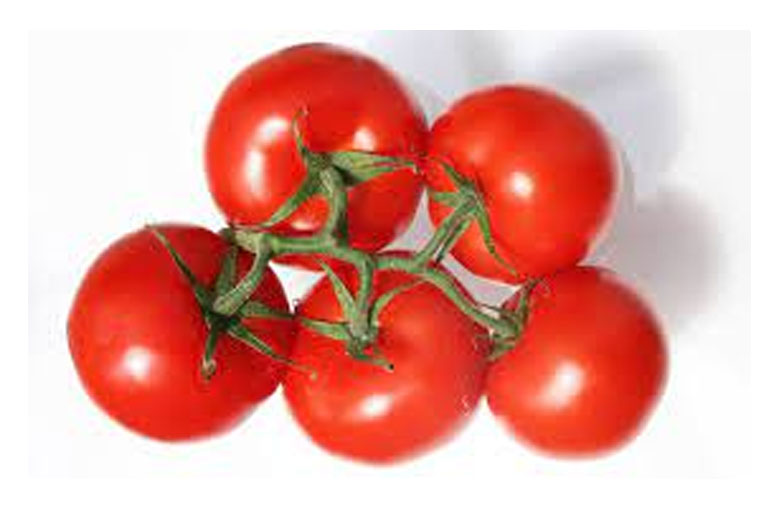High blood pressure, or hypertension, is often a result of poor lifestyle management, and the initial approach for newly diagnosed patients is often focused on intensive diet therapy and exercise before considering medication. A significant percentage of patients can achieve blood pressure control through lifestyle and diet changes, emphasizing the impact of healthy habits on this condition. Several components in tomatoes contribute to these potential blood pressure-lowering effects.
- Potassium: Tomatoes are a good source of potassium, a mineral that plays a crucial role in balancing sodium levels in the body. High sodium intake is linked to high blood pressure, and increasing potassium intake helps counteract this effect.
- Lycopene: Tomatoes contain lycopene, a powerful antioxidant responsible for their red color. Lycopene has been associated with various cardiovascular benefits, including the potential to stabilize the endothelium (the inner lining of blood vessels). This stabilization can improve blood flow and contribute to lower blood pressure.
When consuming tomatoes to support blood pressure health, it’s essential to do so in a manner that preserves their nutritional content. Eating them raw and fresh, such as in salads or as a snack, is a good way to maximize their benefits. Cooking methods that involve minimal heat, like light steaming or sautéing, can also help retain their nutritional value.
The study found that individuals who consumed the most tomatoes or tomato-based products daily reduced their risk of high blood pressure by more than a third. Even in those with existing high blood pressure, especially in stage one hypertension, moderate tomato consumption was associated with a reduction in blood pressure.
The protective effects of tomatoes are attributed to factors such as their potassium content. High blood pressure often results from increased sodium intake, and potassium can counteract this effect. Tomatoes also contain lycopene, which stabilizes the walls of arteries (endothelium) and promotes the generation of nitric oxide. Nitric oxide improves blood flow and helps lower blood pressure. Additionally, lycopene limits the formation of angiotensin 2, a substance that can narrow blood vessels and increase the heart’s workload.
To maximize the benefits of tomatoes, it’s essential to consume them correctly. Adding salt or cooking tomatoes at high heat can diminish their nutritional and cardio-protective properties. Therefore, it’s recommended to include tomatoes in the diet without excessive salt or high-heat cooking. The Mediterranean diet, known for its cardiovascular benefits, incorporates tomatoes without cooking them, often paired with a drizzle of olive oil.
In summary, incorporating tomatoes into the diet in a manner that preserves their nutritional value can contribute to maintaining blood pressure within a healthy range. This, combined with exercise and sufficient sleep, forms a holistic approach to managing blood pressure and promoting overall cardiovascular health.
Disclaimer:
The information contained in this article is for educational and informational purposes only and is not intended as a health advice. We would ask you to consult a qualified professional or medical expert to gain additional knowledge before you choose to consume any product or perform any exercise.







